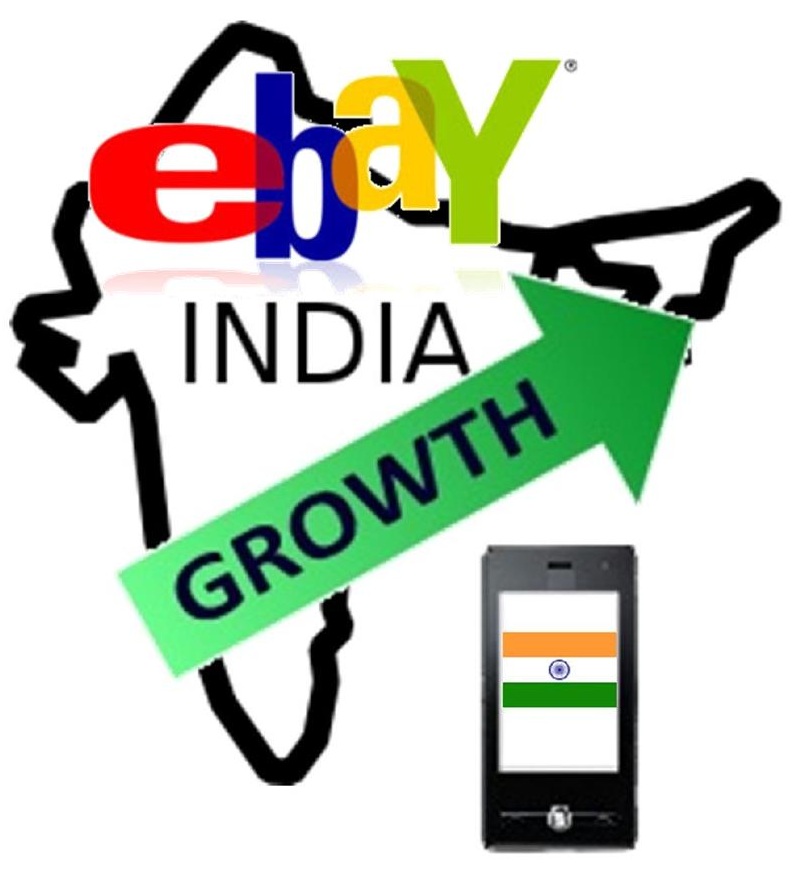 Who will emerge as a leader in mobile payments is not clear
Who will emerge as a leader in mobile payments is not clear
Mobile payments are beginning to disrupt traditional forms of commerce as more consumers begin to rely more heavily on the smartphones and tablets. These devices have made it exceedingly convenient for consumers to purchase products and services either online or in-store. As mobile payments become more prolific, the mobile commerce market is beginning to brim with competition. Several countries and companies have invested heavily in this market, but it is not entirely certain who will emerge as the dominant force within this industry.
Report shows that consumers are eager for new mobile commerce services
BI Intelligence, a market research and analysis firm, has released a new report that offers insight on mobile payments and those that are leading the way in the current market. According to the report, much of the mobile commerce world is driven by what consumers want. Consumer demand, for instance, has lead to the development of mobile payments platforms that can be used both online and at physical stores. Approximately 52% of consumers wanted such platforms, which are likely to become significantly more available in the coming years.
Singapore among the top countries ready to embrace mobile payments
The report suggests that companies like Square and PayPal are likely to thrive in the coming years, largely due to their very early adoption of mobile payments. Both Square and PayPal have a heavy focus on the mobile space, making them more attuned to the demands coming from consumers than their competitors. In terms of countries, Singapore is considered to have the most mobile commerce “readiness,” with the U.S. and the United Kingdom boasting of average readiness.
US and European consumers are not fully accepting of mobile commerce
While companies could see significant progress in the realm of mobile commerce in the coming years, consumers have yet to be fully won over by mobile payments. BI Intelligence notes that only 10% of consumers in the U.S. and Europe participate in mobile payments. Many are willing, but concerns regarding security are keeping most consumers tethered to traditional forms of commerce.
 eBay overcoming Amazon in the field of mobile commerce in BRIC countires
eBay overcoming Amazon in the field of mobile commerce in BRIC countires
eBay has beaten Amazon in the race to expand e-commerce in BRIC (Brazil, Russia, India, and China) countries. Last week, eBay announced that it expects to see no less than 12% of its sales come from these countries by 2015. In order to achieve this goal, the retailer has been investing more heavily in e-commerce in these countries, with a strong focus on mobile commerce in particular. eBay anticipates that the global e-commerce market will be worth more than $300 billion by 2015, and the company is eager to beat out its only major competitor, Amazon, in order to establish dominance in the changing world of commerce.
eBay invests in Snapdeal
eBay has announced that it has completed Series C investment in Snapdeal, a leading online retailer based in India. Snapdeal boasts of more than 20 million users who regularly purchase products on a platform that is somewhat similar to eBay. Snapdeal has found some success in the field of mobile commerce, tapping into the growing population of India that has access to smartphones and tablets. The success the company has seen in the mobile commerce field has attracted the attention of eBay, which has invested $50 million into Snapdeal.
Snapdeal expects to see a strong sales year
By investing into Snapdeal, eBay is moving further into the Indian market. The company already has its own division devoted to the country, eBay India, but this only boasts of 5 million users, much less than those that make use of Snapdeal. Moreover, more consumers are beginning to favor mobile commerce over traditional forms of commerce. Snapdeal is more accommodating of purchases being made bring a mobile device than eBay India is, which leads more consumers to the former rather than the latter. With 20 million users and a strong focus on mobile commerce, Snapdeal is expected to generate more than $400 million in sales this year.
Amazon finds some progress in Brazil and elsewhere
Amazon has been working to establish a stronger presence in BRIC countries but has been met with several challenges along the way. While none of these challenges are expected to topple Amazon’s efforts, eBay was able to overcome the challenges it faced more quickly than its competitor. Nonetheless, Amazon is rapidly establishing a foothold in Brazil in much the same way that eBay is establishing its presence in India.
 Who will emerge as a leader in mobile payments is not clear
Who will emerge as a leader in mobile payments is not clear
 eBay overcoming Amazon in the field of mobile commerce in BRIC countires
eBay overcoming Amazon in the field of mobile commerce in BRIC countires